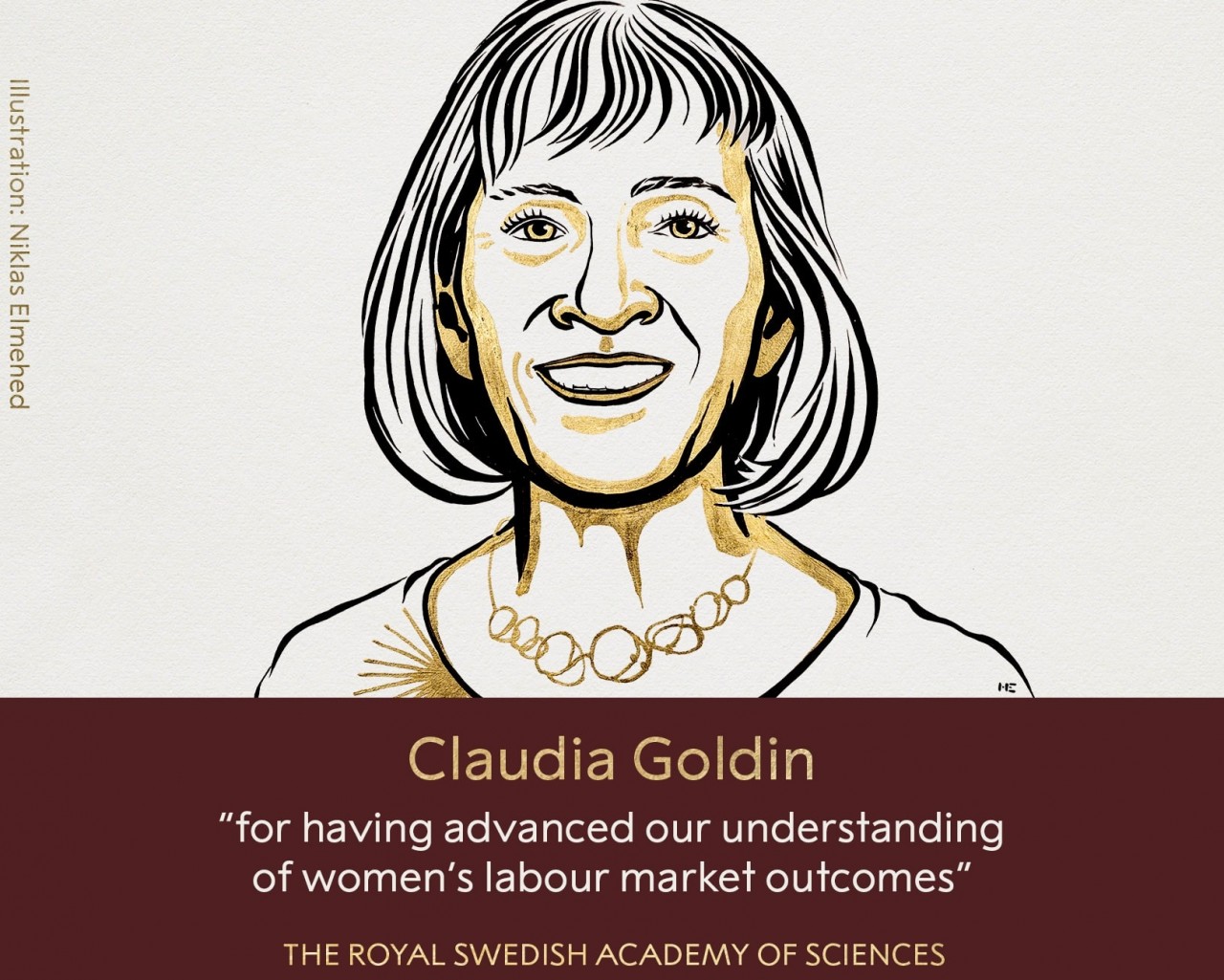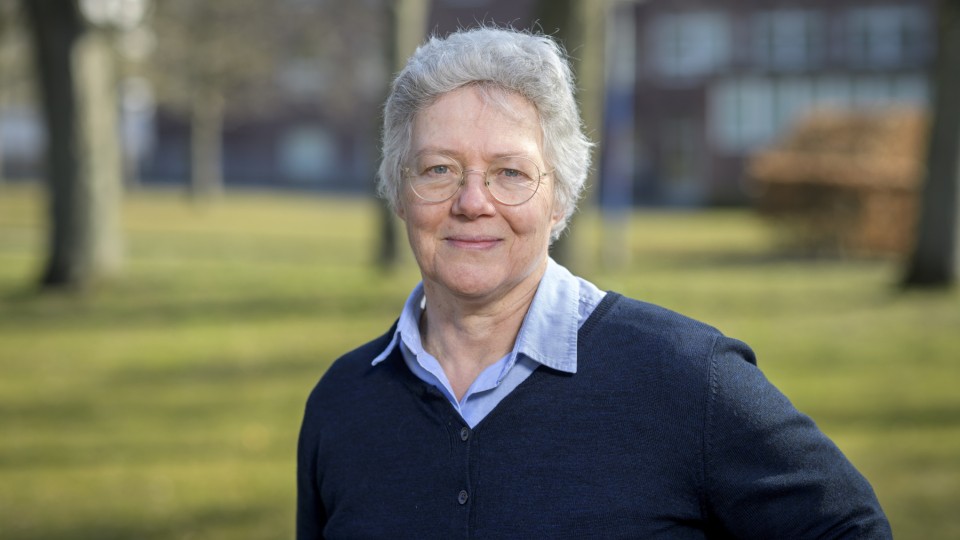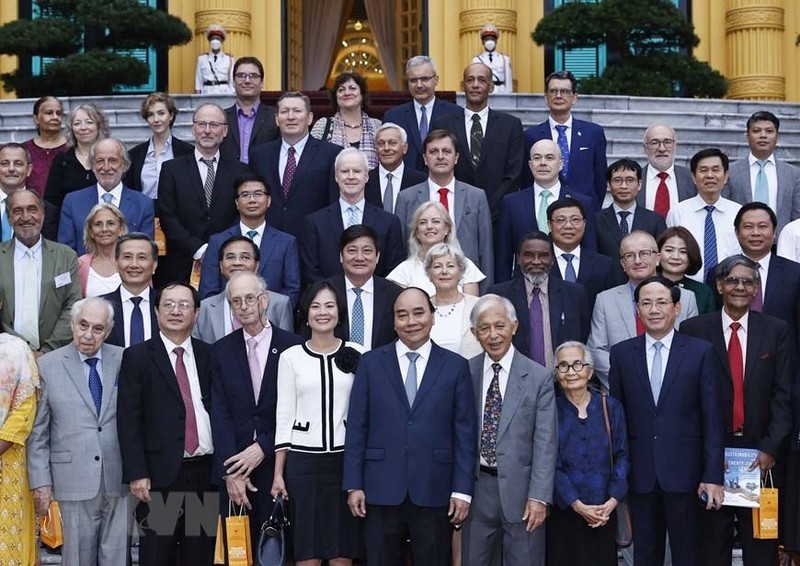Who is Abdulrazak Gurnah - Winner of 2021 Nobel in Literature?
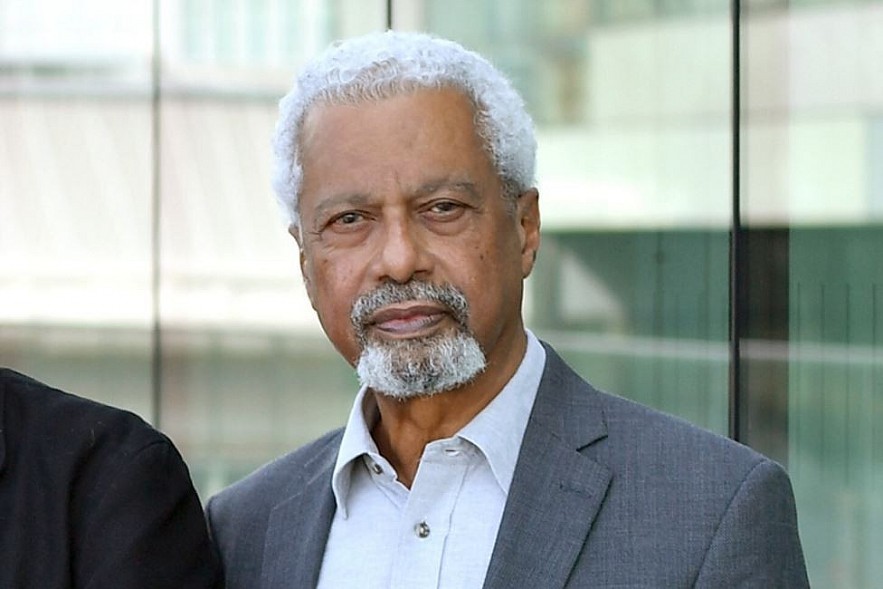 |
| Abdulrazak Gurnah (Photo: NYT) |
Abdulrazak Gurnah's biography
Born in Zanzibar in 1948, Gurnah came to Britain in the 1960s as a refugee. Being of Arab origin, he was forced to flee his birthplace during the revolution of 1964 and only returned in 1984 in time to visit his dying father. Until his retirement, he was a full-time professor of English and postcolonial literature at the University of Kent in Canterbury.
Migration and cultural uprooting along with the cultural and ethnic diversity of East Africa are at the heart of Gurnah’s fiction. They have also shaped his personal life. The man has worked as a hospital orderly; lecturer in English and American literature, Rutherford College, University of Kent, Canterbury, Kent, England.
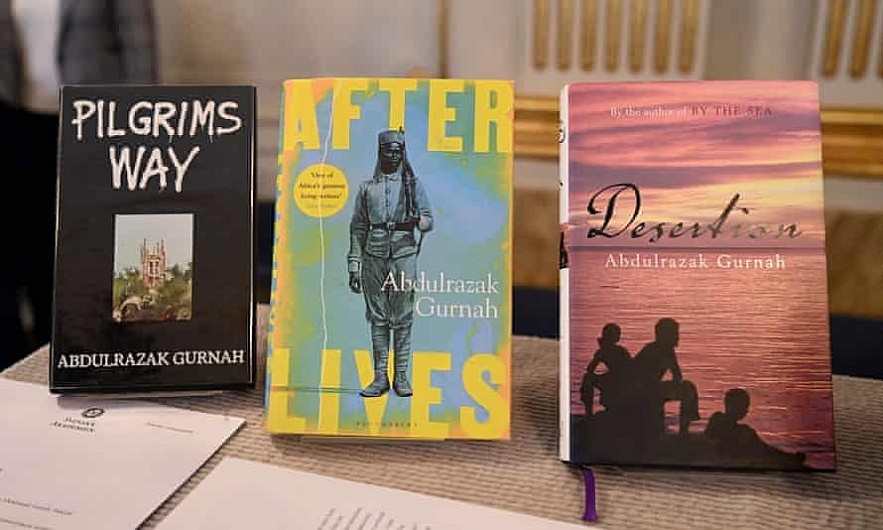 |
| Abdulrazak Gurnah's books (Photo: The Guardian) |
Abdulrazak Gurnah's career
Gurnah has written ten novels to date, including the Booker-nominated Paradise in 1994 and By the Sea in 2001. His most recent novel, Afterlives, was described by the Sunday Times as “an aural archive of a lost Africa”, and indeed the opening pages of this and many of his other works take the reader directly into the realm of oral storytelling.
Afterlives is set against the backdrop of German rule in east Africa in the early 20th century. It tells the story of a young boy sold to German colonial troops. The novel was shortlisted for the 2021 Orwell prize for political fiction and longlisted for the Walter Scott Prize for historical fiction.
Gurnah’s work is attentive to the tension between personal stories and collective history. In particular, Afterlives asks readers to consider the afterlife of colonialism and war and its long-lasting effects, not only on nations but also, and perhaps mainly so, on individuals and families, according to The Conversation.
His writing is heavily influenced by the cultural and ethnic diversity of his native Zanzibar. Shaped by its geographical location in the Indian Ocean off the coast of East Africa, it was at the center of the major Indian Ocean trade routes. The island attracted traders and colonists from what was then known as Arabia (modern-day Kuwait, Oman, Qatar, Saudi Arabia, Yemen, and the UAE), South Asia, the African mainland, and later Europe.
Gurnah’s writing reflects this diversity with its many voices and its range of references to literary sources. Most of all, it insists on hybridity and diversity in the face of Afrocentrism, which dominated the east African independence movements in the 20th century.
Abdulrazak Gurnah lives in Brighton, East Sussex. His latest novels are Desertion (2005), shortlisted for a 2006 Commonwealth Writers Prize, and The Last Gift (2011). In 2007 he edited The Cambridge Companion to Salman Rushdie.
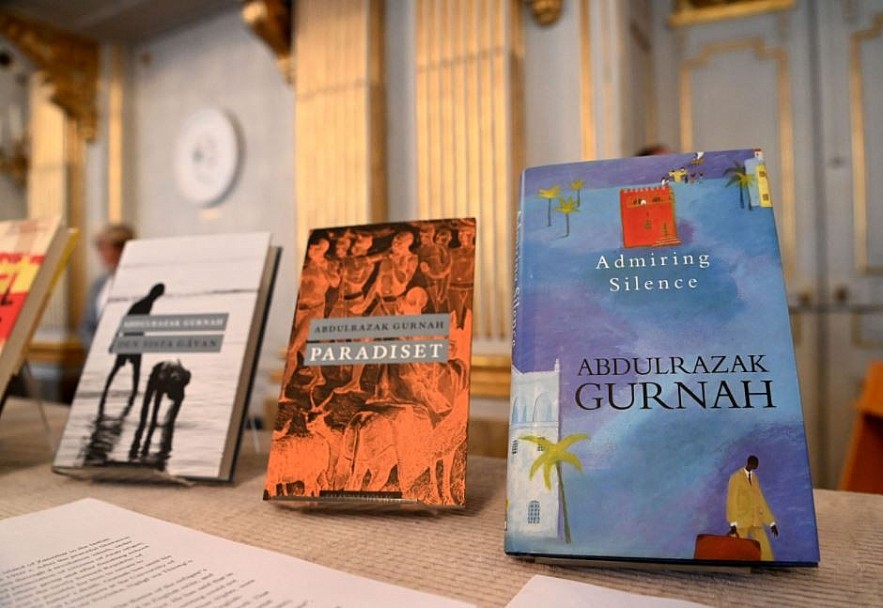 |
| Photo: Guardian |
Why he won the 2021 Nobel for Literature?
The Swedish Academy said it had chosen Gurnah “for his uncompromising and compassionate penetration of the effects of colonialism and the fate of the refugee in the gulf between cultures and continents.” As well as international recognition, Gurnah will receive a gold medal and 10 million Swedish kronor (more than US$1.14 million). The money comes from the estate of the prize's founder, Swedish inventor Alfred Nobel, who died in 1895, according to CNBC.
"Gurnah’s dedication to truth and his aversion to simplification is striking. This can make him bleak and uncompromising, at the same time as he follows the fates of individuals with great compassion and unbending commitment. His novels recoil from stereotypical descriptions and open our gaze to a culturally diversified East Africa unfamiliar to many in other parts of the world. In Gurnah’s literary universe, everything is shifting – memories, names, identities. This is probably because his project cannot reach completion in any definitive sense. An unending exploration driven by intellectual passion is present in all his books, and equally prominent now, in Afterlives, as when he began writing as a 21-year-old refugee," said the Chairman of the Nobel Committee.
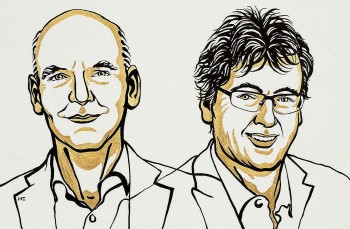 | Who is Benjamin List & David MacMillan - Winners of 2021 Nobel Prize in Chemistry? German Benjamin List and Scottish-born David MacMillan won the 2021 Nobel Prize in Chemistry on Wednesday for developing new tools for building molecules that have ... |
 | Who is Fumio Kishida, Japan’s Likely Next Prime Minister? Japan's ruling Liberal Democratic Party (LDP) elected former top diplomat Fumio Kishida as its new leader on Wednesday after a tightly contested race that ended ... |
 | Who Is Manny Pacquiao: Biography, Early Life, Personal Life and Career Manny Pacquiao, famous Filippino boxing champion, is preparing for his fight to become the new President of Philippines after his party's nomination to be their ... |
Recommended
 World
World
"Great Leader": JD Vance Lauds PM Modi During His India Visit
 World
World
Trump’s Tariff Pause: A Strategic Move from “The Art of the Deal”?
 World
World
"Indian Navy's participation in AIKEYME exercise matter of great happiness": Admiral Dinesh Kumar Tripathi
 World
World
ASEAN and US Tariff Dilemma: Hybrid Approach to Global Trade Tensions
Popular article
 World
World
Vietnam Affirms Its Active and Responsible Role at UNESCO
 World
World
US Imposes 125% Tariff on China, Pauses Tariffs for 90 Days on Over 75 Countries
 World
World
"Massive financial deficits with China, EU can only be cured with tariffs": Donald Trump
 World
World




